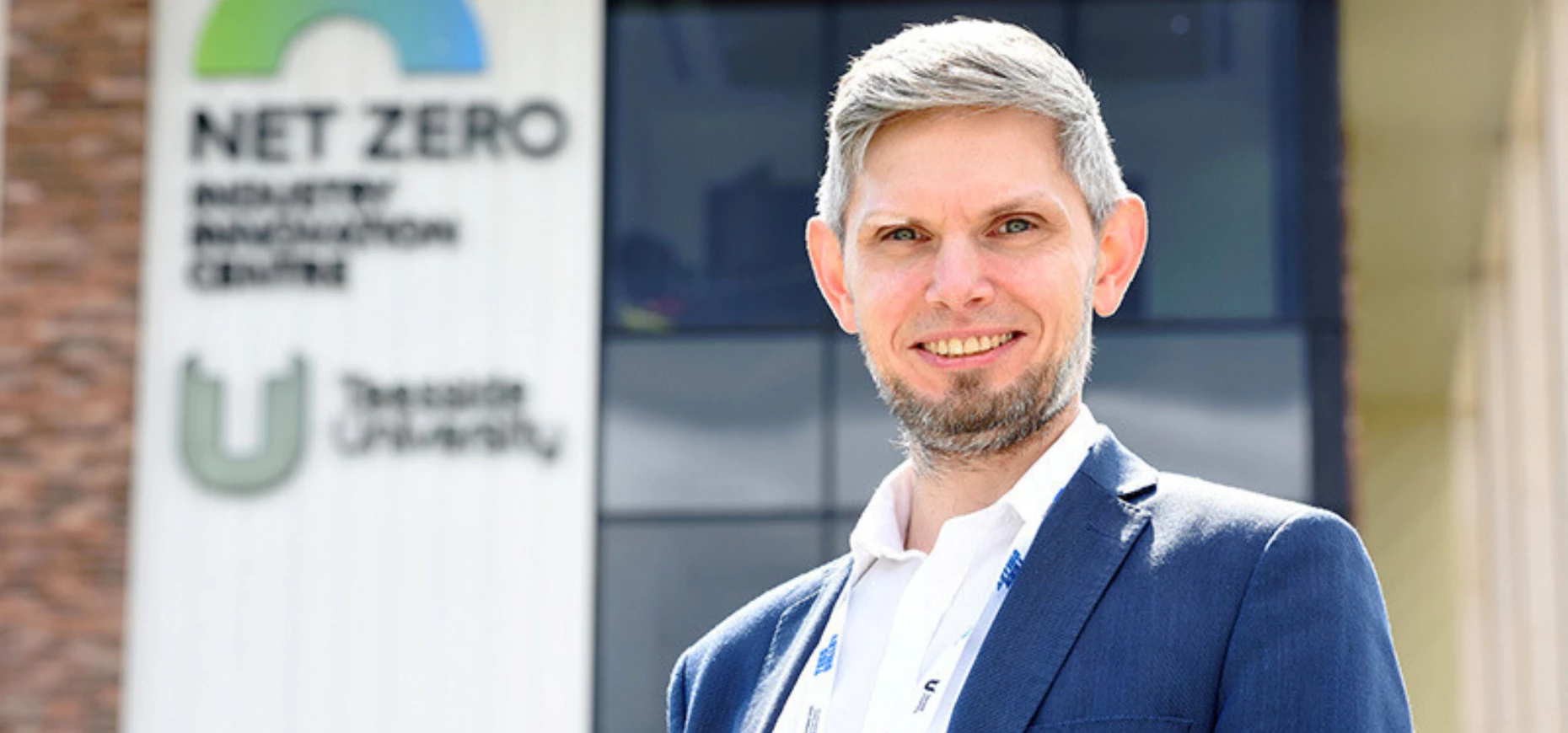
Teesside University secures funding for ‘groundbreaking’ waste-to-energy research
Two Teesside University academics have received funding for ‘groundbreaking’ research investigating how to reduce the carbon footprint from waste-to-energy plants.
Professor Dawid Hanak, in collaboration with Professor Kumar Patchigolla, has been granted funding from the UK Carbon Capture and Storage Research Community’s (UKCCSRC) Flexible Funding call to look at how carbon capture technology can be used alongside waste-to-energy (WtE) plants.
The research will address a critical need for the East Coast Cluster by assessing the techno-economic and carbon footprint of advanced WtE with carbon capture and storage (CCS).
The East Coast Cluster aims to remove nearly 50 per cent of the UK’s industrial emissions. To achieve this, there is a need for innovative solutions like CCS retrofits to WtE plants. The WtE sector is projected to contribute up to an estimated 20 million tonnes of CO2 per annum in the UK and requires low-carbon alternatives to mitigate its environmental impact.
The two academics are based at Teesside University’s Net Zero Industry Innovation Centre (NZIIC), a £13.1m national centre of excellence for net zero technologies, which is playing a key role in positioning the Tees Valley at the heart of the UK’s green industrial revolution.
Their research project will comprehensively assess an advanced WtE plant based on calcium looping combustion (CaLC), which uses a compound of the mineral as a chemical sorbent to capture carbon dioxide emissions.
Previous work indicates that CaLC technology offers cost-effective CO2 capture compared to conventional methods, potentially making WtE more competitive in the energy and waste management sectors.
The outcomes of this research project include a comprehensive assessment of the advanced WtE plant, an industrial roadmap for CaLC development, and a technical report highlighting the potential of WtE to provide negative emissions.
Professor Hanak commented: “Our research is a pivotal step in providing viable solutions for the East Coast Cluster’s decarbonisation efforts.”
Professor Patchigolla added: “This research progresses our understanding of advanced WtE with CCS and establishes crucial collaborations between the University and the CCUS and WtE industries in the East Coast Cluster.”
By Matthew Neville – Senior Correspondent, Bdaily
- Add me on LinkedIn and Twitter to keep up to date
- And follow Bdaily on Facebook, Twitter and LinkedIn
- Submit press releases to editor@bdaily.co.uk for consideration.
Looking to promote your product/service to SME businesses in your region? Find out how Bdaily can help →
Enjoy the read? Get Bdaily delivered.
Sign up to receive our daily bulletin, sent to your inbox, for free.








 £100,000 milestone drives forward STEM work
£100,000 milestone drives forward STEM work
 Restoring confidence for the economic road ahead
Restoring confidence for the economic road ahead
 Ready to scale? Buy-and-build offers opportunity
Ready to scale? Buy-and-build offers opportunity
 When will our regional economy grow?
When will our regional economy grow?
 Creating a thriving North East construction sector
Creating a thriving North East construction sector
 Why investors are still backing the North East
Why investors are still backing the North East
 Time to stop risking Britain’s family businesses
Time to stop risking Britain’s family businesses
 A year of growth, collaboration and impact
A year of growth, collaboration and impact
 2000 reasons for North East business positivity
2000 reasons for North East business positivity
 How to make your growth strategy deliver in 2026
How to make your growth strategy deliver in 2026
 Powering a new wave of regional screen indies
Powering a new wave of regional screen indies
 A new year and a new outlook for property scene
A new year and a new outlook for property scene